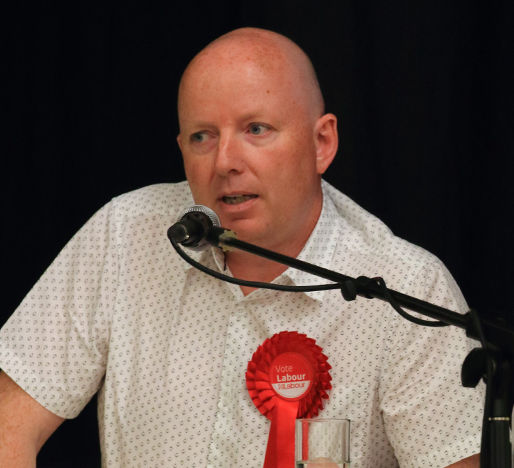Rishi dishes out cold cuts in budget
- Julian Vaughan

- Mar 4, 2021
- 3 min read
Like much of government policy these days, most of the budget was leaked out to the press well before the Chancellor stood up in the House of Commons to deliver his hour long speech setting out his tax and spending plans for the next few years. Sunak has a slick operation, ably assisted by a fawning media. However, budgets that are initially well received have a history of unravelling when the devil of the details are revealed, and the cracks are already beginning to show in a budget that does nothing to reduce the gaping inequalities across our communities.
The budget report is 100+ pages. You can read it in full here. However, if you don’t have the time to plough through the whole document, below is a bullet point summary of the impact of what is, and isn’t, in the budget. Of course the Chancellor hasn’t been dealt an easy hand, but the cards seems to be stacked in favour of the haves, rather than those as Teresa May said were “just about managing”. This isn’t levelling up the the UK, this is doubling down on inequality.
The £20 a week uplift to Universal Credit will end in September, affecting 6m families. This will plunge 500,000 people, including 200,000 children into poverty as we head into winter and when unemployment is expected to peak. The Resolution Foundation stated: “this policy will leave the basic level of benefits at its lowest level since the early 1990’s”.
No increase for the 2.5 million people on legacy benefits (those in place before UC was introduced) this will particularly impact people with disabilities.
No support for 700,000 households already in rent arrears.
The Local Housing Allowance for renters will be frozen from April.
Even with the £20 Universal Credit uplift families unable to find work will receive on average £1,600 less per year in social security support than they did in 2011.
Families with children will be hit even harder at £2,900 less per year – equivalent to a year’s worth of food shopping for a low income family.
Add on to this the further £20 a week cut in UC (£1,040 over a year) this will create serious hardship for many, including those in or out of work.
The ‘Stamp Duty Holiday’ extension to June for homes up to £500,000 will primarily benefit higher income households as the average first time buyer property is valued at £225,000.
The 95% mortgage guarantee scheme to lenders who offer mortgages to people with just a 5% deposit on homes up to £600,000 will again primarily benefit high income households and is likely to further drive up house prices
Council tax is permitted to go up 5% in 2021-22.
£16 billion of cuts are planned in public service spending (£12 billion from Autumn spending review and an additional £4 billion in this budget).
A freeze on fuel duties (the 11th year in a row) following on from a £14 billion investment in roads announced last Summer, but no mention of continuing or improving the ‘Green Homes Grant’ which seems at odds with the government’s net zero carbon commitment.
Due to the Upper Earning National Insurance limit (the point where anything earned above the limit incurs only 2% rather than 12% NI) being frozen at the same level as the higher rate income tax threshold, anyone earning above £50,270 will actually start paying less National Insurance contributions than currently!
Statutory Sick Pay (SSP) going up by only 50p a week in April to just £96.35, a real terms cut. The UK has one of the lowest rates of sick pay in Europe. In the clip below Matt Hancock admits he couldn’t live on SSP.
No pay rises for our key workers.
The National Living Wage will rise by £0.19 to £8.91 an hour for those aged 23 or above, but the inequality will remain as younger people receive lower rates of pay for doing the same work (those aged 18-20 will receive only £6.56 an hour and apprentices only £4.30 an hour).

The need for food banks looks set to increase
Yet again the Conservative government are looking to bake in inequality, much as they did following the 2008 recession, resulting in devastating impacts on the most vulnerable in our society. The pandemic showed how communities pulled together to provide support for everyone in society. This must be the blueprint for this and future governments. We can’t let down the most vulnerable in our society again. Covid has shown us the value of our low paid key workers. We can and must do better than this, but it’s not going to happen under a Tory government, it never does.
Julian Vaughan
4th March 2021
Sources and further reading
Institute for Fiscal Studies (IFS) Budget Analysis
Joseph Rowntree Foundation Budget Analysis
Resolution Foundation Briefing
Budget 2021






Comments